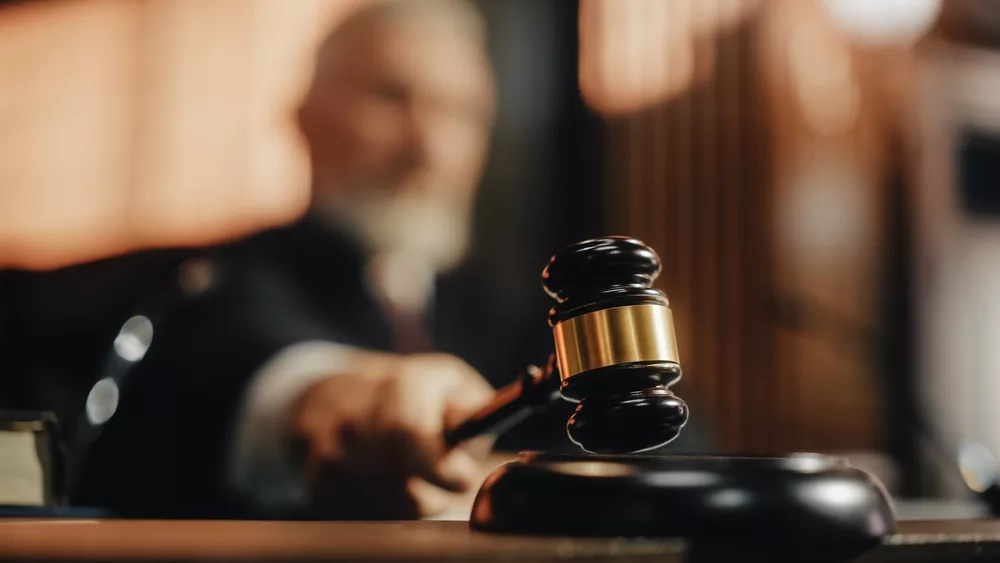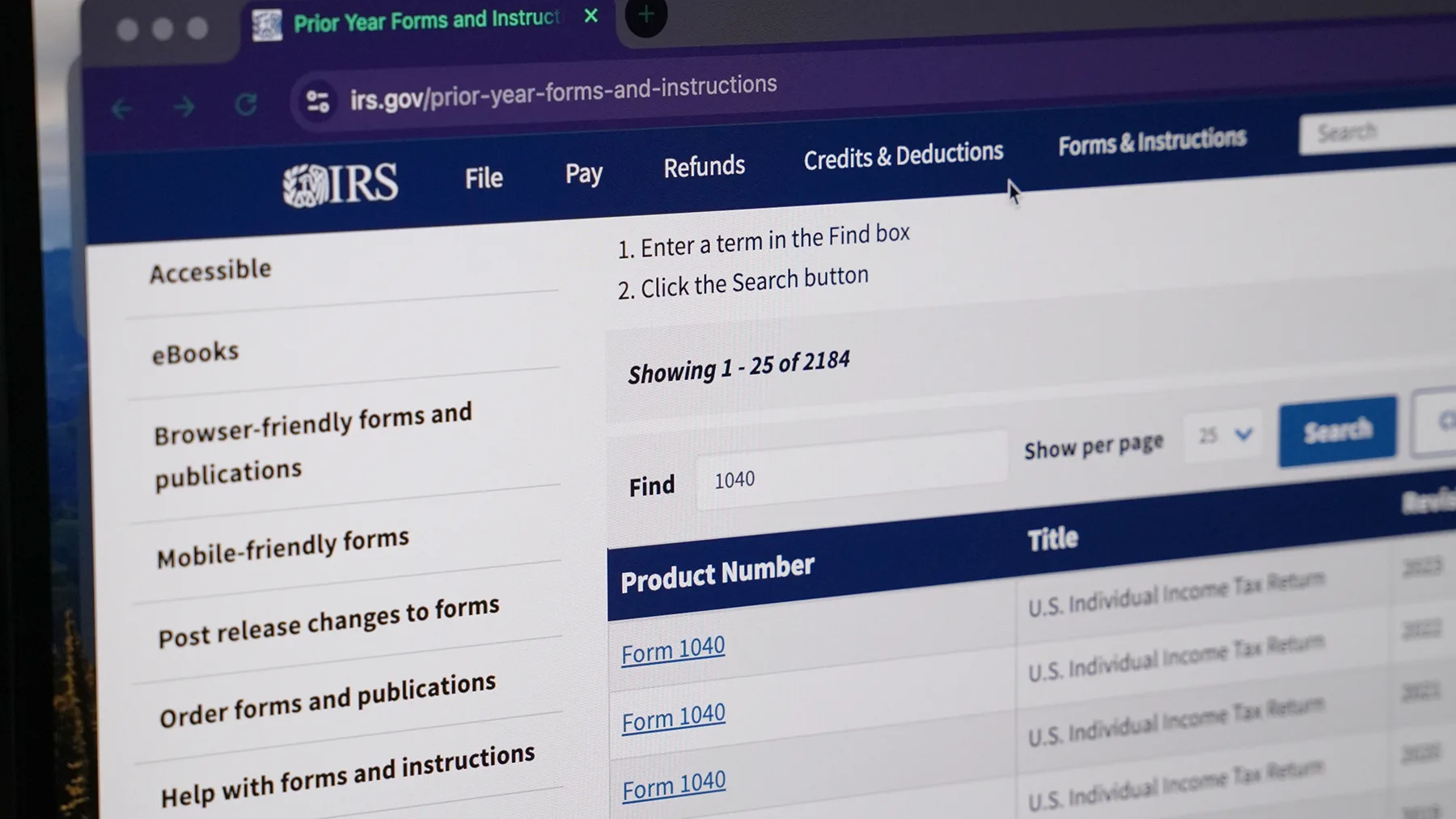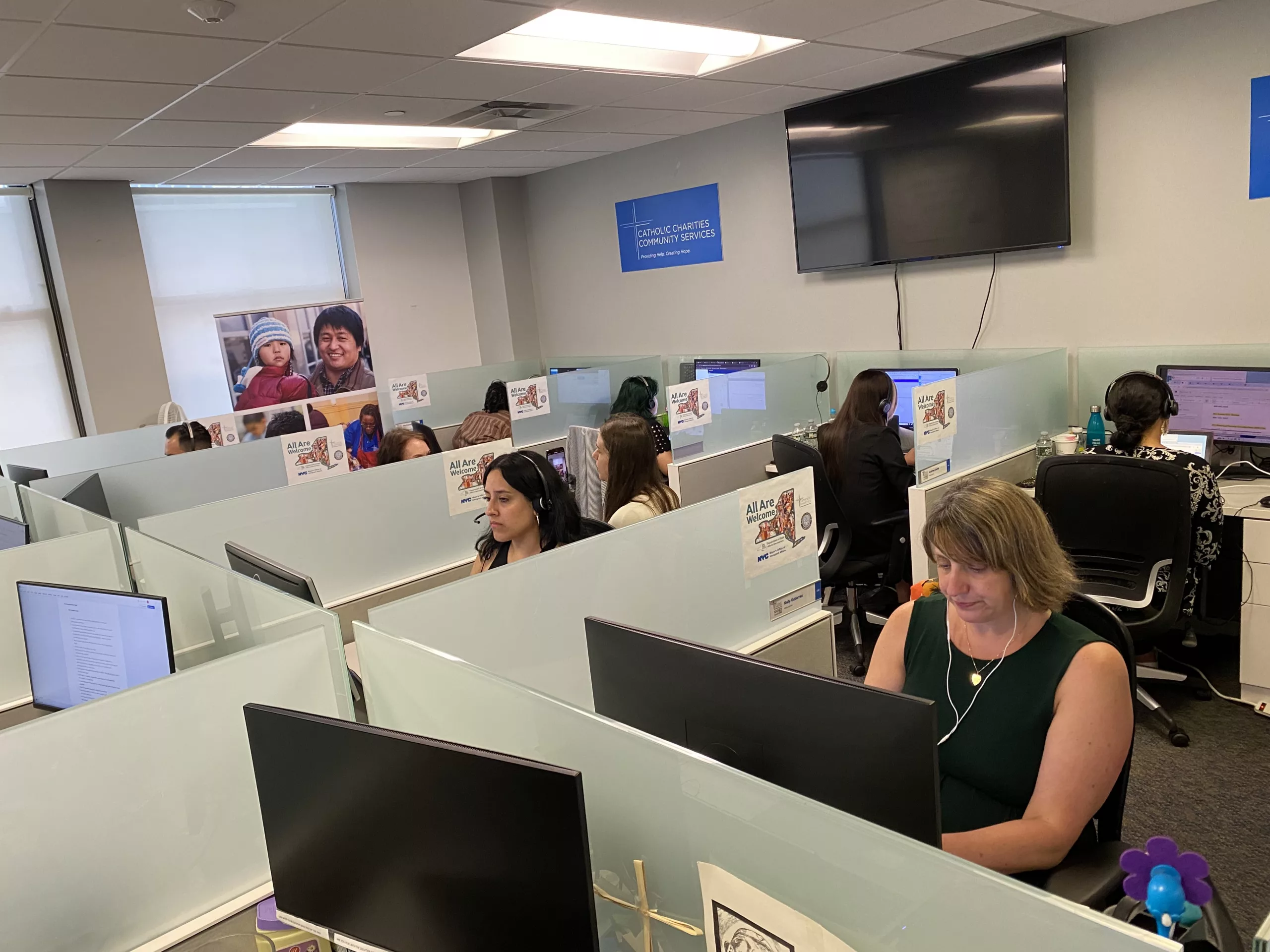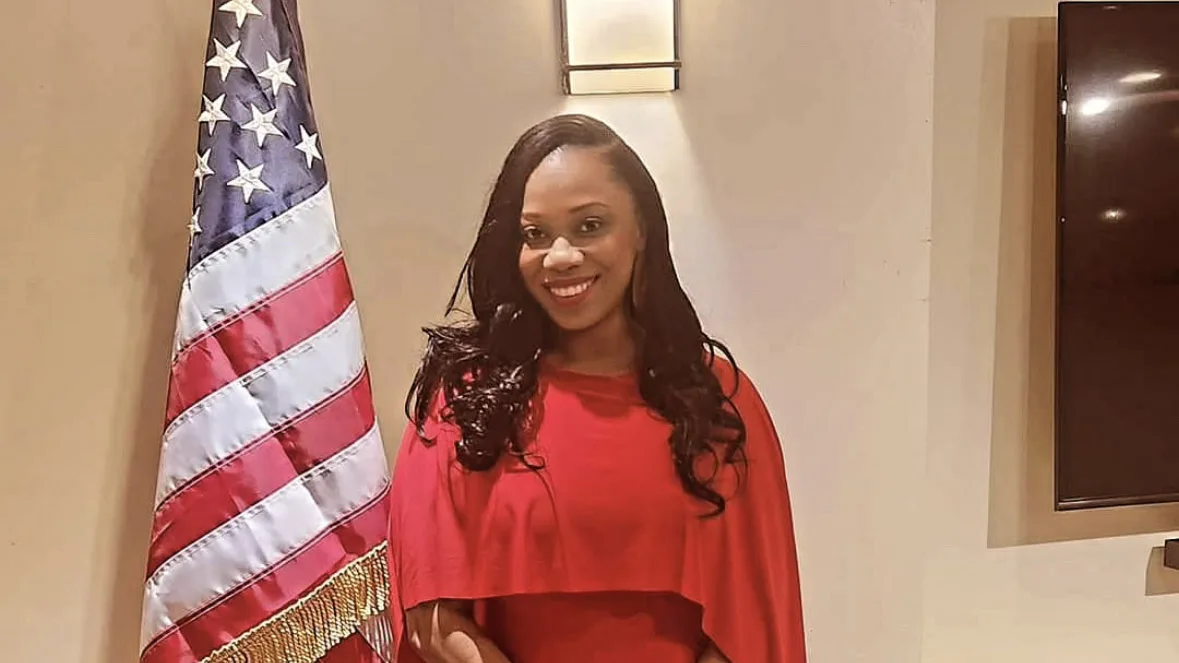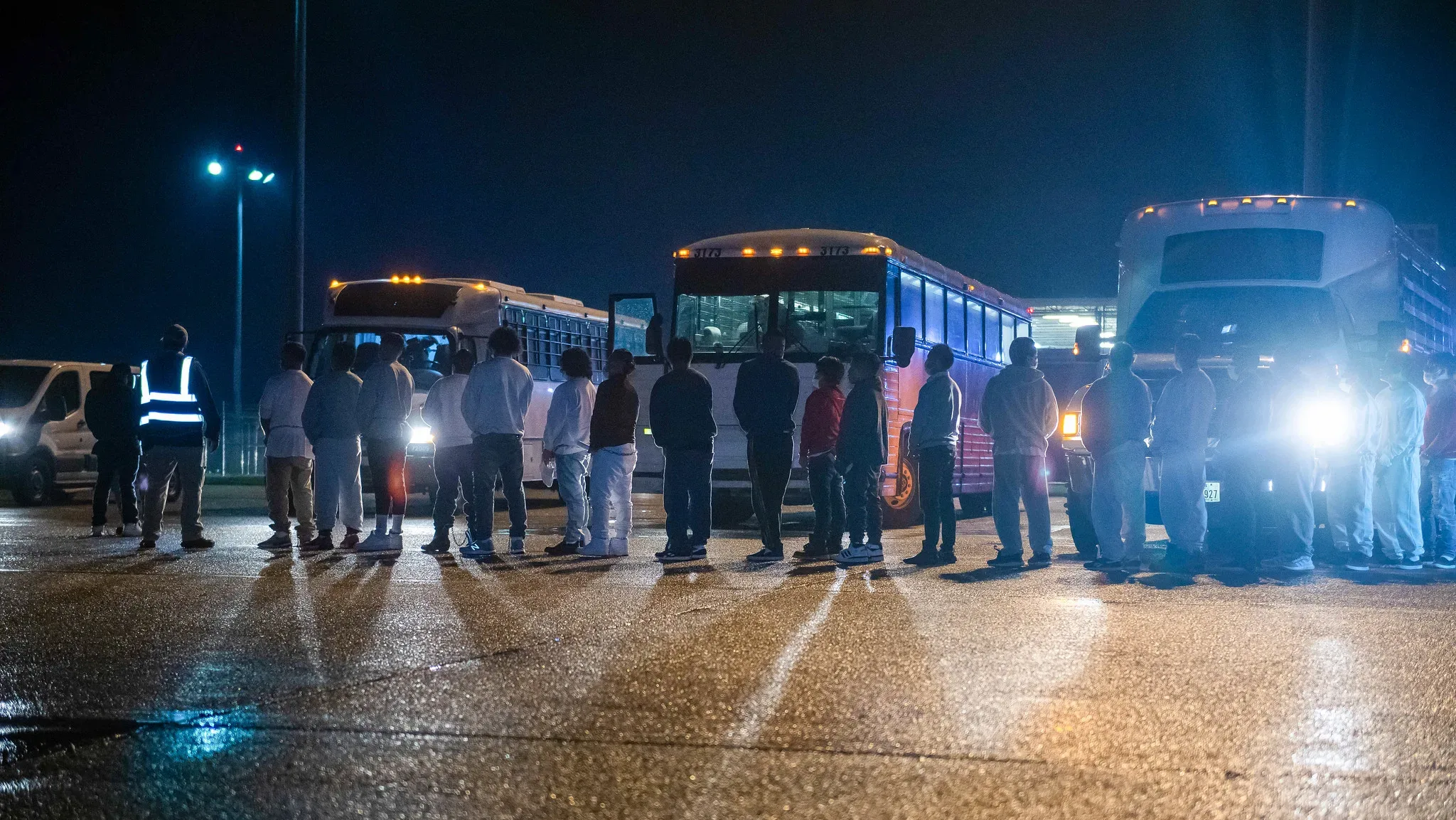This summary was featured in Documented’s Early Arrival newsletter. You can subscribe to receive it in your inbox three times per week here.
Court documents show most immigration detainees at two South Florida detention centers refused to receive the COVID-19 vaccine. According to federal data, 222 detainees at the Broward Transitional Center and the Glades County Detention Center were offered the vaccine last week. Only 78 detainees got vaccinated. Meanwhile 144 detainees, or 65 percent, didn’t want it. The two facilities received the vaccines as part of a settlement in Miami federal court, as advocates sued last year to demand the release of migrants amid a rise in COVID-19 cases within ICE detention centers. Bradenton
In other national immigration news…
Protests Divide Immigrant Communities Across Generations
There’s a divide across Minneapolis within immigrant communities between younger and older generations. Fatumata Kromah, 21, met with Matilda Kromah, 40, to speak about what’s going on in the community. Matilda recalled her trauma from the Liberian civil war when her store was vandalized in the aftermath of the killing of Daunte Wright. She was worried about how she was going to pay for her son’s college tuition after repairing the shop. Fatumata agreed with her worries, but noted that having a “better life” in the U.S. can’t happen until Black people get justice. When Fatumata arrived in the U.S. in 2015, she realized that this wasn’t the America she always dreamed of. The Associated Press
San Diego Supervisor Proposes $5 Million Program for Immigrant Detainees
San Diego County Supervisor Terra Lawson-Remer proposed a year-long program to provide lawyers, free of cost, to ICE detainees at Otay Mesa Detention Center. The program would have a $5 million budget administered through the San Diego County Public Defender Office. Lawson-Remer said the program could be a lifeline to longtime residents and asylum seekers. Typically people who are charged with crimes but can’t afford attorneys are provided with one. This isn’t the same case for immigration courts since it’s considered a civil legal matter and not a criminal one. According to a study by the American Immigration Council, those who have legal representation are four times more likely to be released from detention. The San Diego Union-Tribune
Supreme Court Won’t Hear Lawsuit Protecting Public Charge Rule
On Monday, the U.S. Supreme Court said it won’t hear the case filed in the 7th Circuit by Texas and 13 other states that aims to bring back the Trump-era “public charge” immigration rule. The Supreme Court stated that it needed to hear an opinion from a lower court first before proceeding. In 2019, the Trump administration wanted to broaden the definition of “public charge” to include noncitizens who rely on assistance programs, complicating their chances of receiving a green card. But in March, the U.S. Department of Homeland Security under President Joe Biden announced that it wouldn’t defend the Trump policy in court. The Texas Tribune



